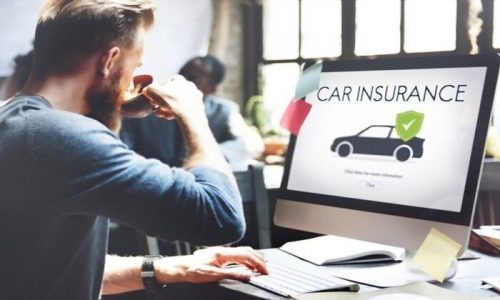You should have auto insurance in place before you set out on your journey. This coverage provides financial protection in the event of bodily injury, physical damage, or liability. It’s also an excellent idea to consider getting other kinds of insurance, such as life insurance. In fact, you should consider purchasing a policy if you have a second vehicle or are self-employed. This type of coverage is especially important if you live in an area where theft is an everyday problem.
Liability insurance covers you if you cause an accident and cause injury to another person or property. It’s required by law in Wyoming, Colorado, and New Mexico, but is optional in the state of Connecticut. It also covers damage to other people’s cars, so it’s worth getting both types of coverage. According to the National Association of Insurance Commissioners, in 2004, 72 percent of all drivers had liability insurance. The other type of coverage is property damage liability insurance, which pays out for any damage to another person’s property.
Liability insurance protects you in case of an accident, but it’s not enough. If you’re the one to cause the accident, you should also file a claim with your auto insurance company. If you don’t own a car, you can claim under someone else’s policy. But make sure to do this only if you have a valid insurance policy. The other type of coverage is comprehensive. These policies cover medical expenses and lost wages in the event of an accident.
When purchasing auto insurance, be sure to shop around. You’ll need to pay for collision and comprehensive coverage, as well as other types of coverage. These policies are not necessary, but may be required by your lender. However, they are a necessity if you want to keep your vehicle on the road. If you don’t have collision coverage, consider getting gap insurance. This type of policy can help you get out of the car loan if you get into an accident.
In an accident, you’ll need to pay for the damages and medical costs. If you don’t have insurance, you can file a claim under the policy of a family member. If you don’t own a car, you should file a claim under a relative’s policy. If you don’t have a car, you can also file a claim under a relative’d-insured policy. In addition to liability coverage, you should also carry uninsured motorist coverage. This type of policy pays for the medical expenses of other drivers who are injured in accidents. If the driver is not insured, the insurer must pay for these expenses if they were at fault. As a result, it’s crucial to have insurance if you’re driving. It’s also necessary if you’re involved in a car accident.
